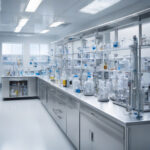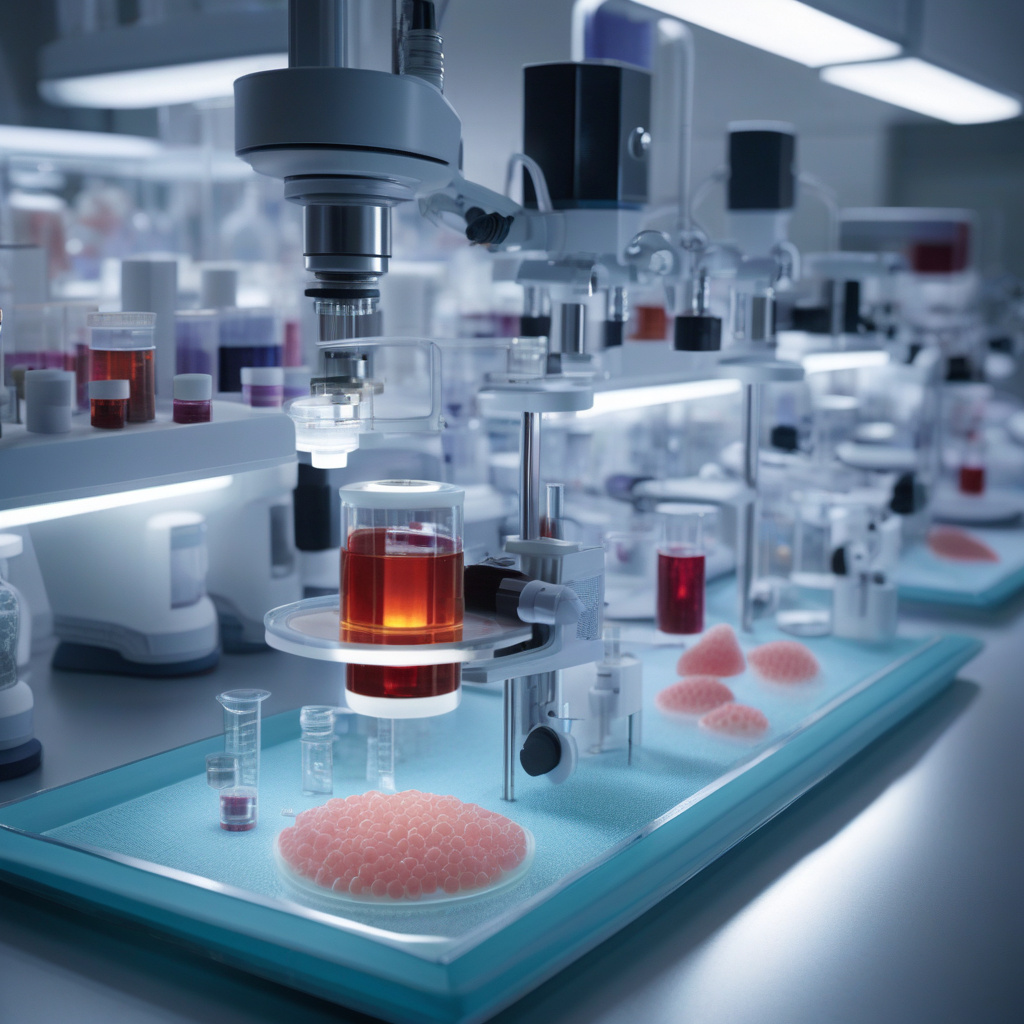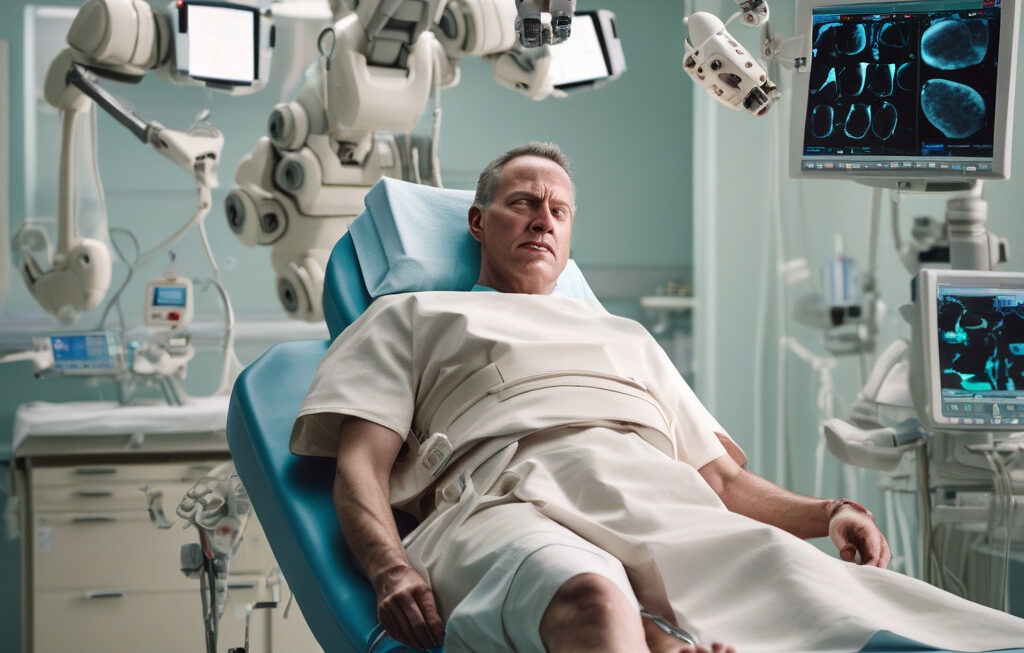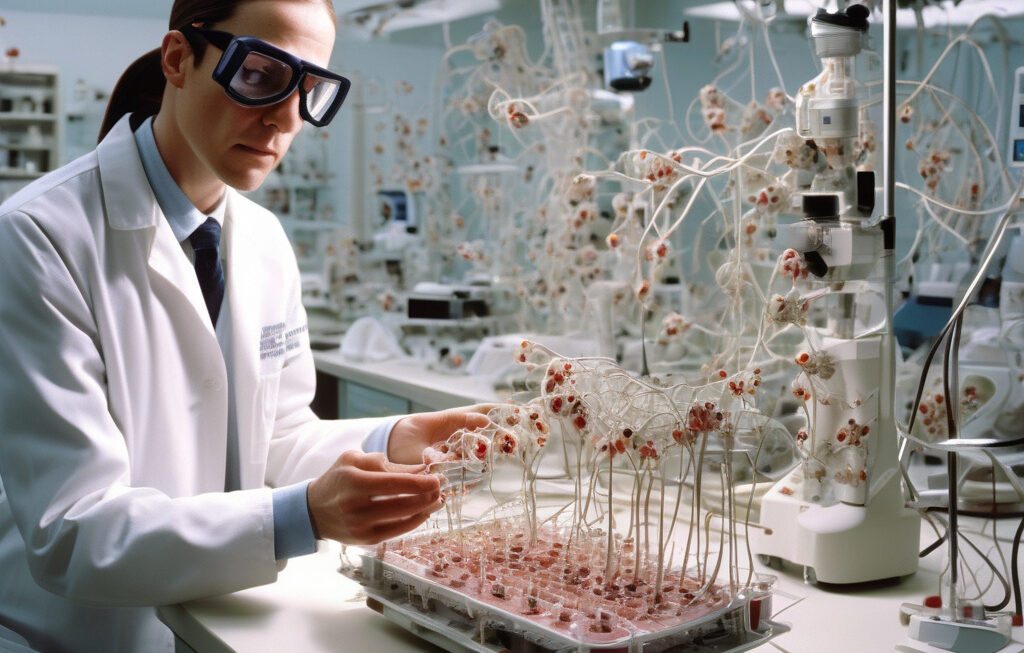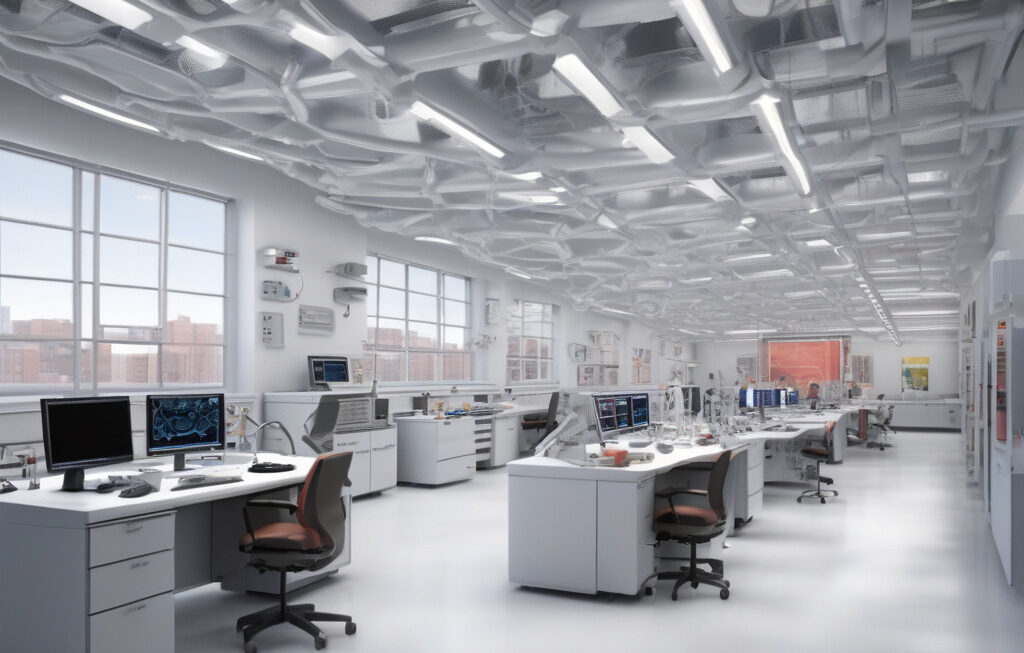Human Cells Grown in Mice in ‘Crazy’ Experiment, Lab-Grown Organs One Step Closer
Scientists have advanced human-animal chimera research by successfully growing human cells within the organs of mice. This groundbreaking experiment opens up a realm of possibilities for the future of organ transplantation and regenerative medicine. The idea of growing human organs in animals might sound like something out of a science fiction novel, but the reality is that it is slowly becoming a tangible solution to the organ shortage crisis.
The research, led by a team of innovative scientists, involved injecting human stem cells into mouse embryos. These embryos were genetically modified to be unable to develop certain organs, creating space for the human cells to grow and form functional human organs within the developing mouse. While the concept may seem ethically complex, the potential benefits cannot be ignored.
One of the major challenges in organ transplantation is the shortage of donor organs. Every year, thousands of people die while waiting for a suitable organ donor. By being able to grow human organs in animal hosts, we could potentially eliminate this shortage and save countless lives. Imagine a future where custom-made organs can be grown on demand, tailored to each patient’s unique genetic makeup to prevent rejection and improve overall success rates of transplants.
Furthermore, this research paves the way for personalized medicine on a whole new level. With organs grown from a patient’s own cells, the need for immunosuppressant drugs post-transplant could be significantly reduced, lowering the risk of complications and improving the quality of life for transplant recipients. Additionally, studying the development of human organs within animal hosts could provide valuable insights into human biology and disease mechanisms, accelerating the pace of medical research and drug discovery.
While the possibilities are exciting, there are still many ethical considerations that need to be addressed. The idea of creating animals with human-like qualities raises concerns about the moral implications and the potential for creating sentient beings with human consciousness. Striking a balance between scientific progress and ethical boundaries will be crucial as this research moves forward.
Despite the challenges, the successful growth of human cells in mice marks a significant milestone in the field of regenerative medicine. It brings us one step closer to a future where organ shortages are a thing of the past and where personalized, tailor-made organs are the standard of care. As we continue to push the boundaries of what is possible in science and medicine, the potential to revolutionize healthcare and improve patient outcomes becomes increasingly within reach.
In conclusion, the experiment of growing human cells in mice may seem “crazy” at first glance, but its implications for the future of organ transplantation and regenerative medicine are profound. By harnessing the power of stem cells and genetic engineering, we are unlocking new possibilities that could change the face of healthcare as we know it. The journey towards lab-grown organs may be complex, but the destination offers hope for a future where life-saving treatments are more accessible and effective than ever before.
human cells, mice, organ transplantation, regenerative medicine, personalized medicine

